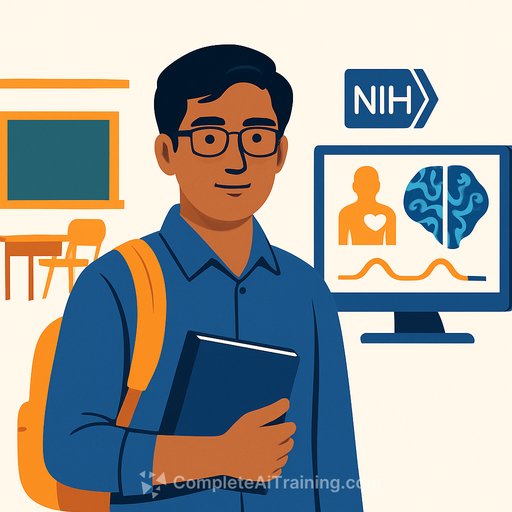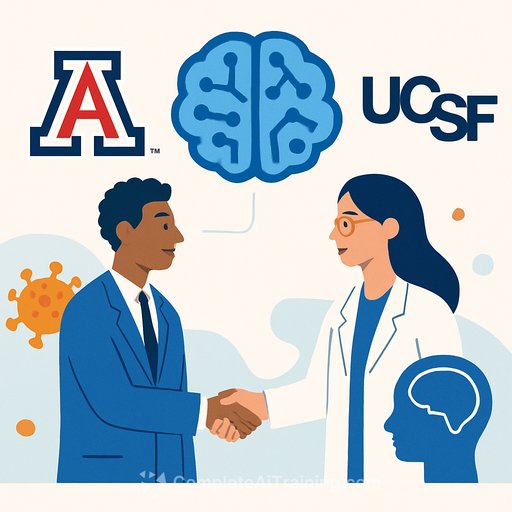Star Alumnus
Faisal Kabir’s first steps in UIU led him to the world of AI and healthcare
In the early 2000s, United International University (UIU) was a new institution finding its identity. Md Faisal Kabir was among the first students in the Department of Computer Science and Engineering (CSE). Those early years at UIU laid the groundwork for a career that spans from late-night coding sessions in Dhaka to a tenure-track faculty position in the United States.
Kabir earned his BSc in CSE from UIU in 2005 and completed his MSc in 2011, partially conducted at the University of Bradford, UK, under the EU's eLink Scholarship. The problem-solving skills and the updated curriculum at UIU were key to his academic progress, ultimately helping him earn a Ph.D. in Computer Science from North Dakota State University (NDSU) in 2020. He recalls group projects, overnight coding, and campus activities as vital parts of his learning experience.
A defining moment was his undergraduate thesis in Artificial Intelligence (AI), supervised by Dr. Chowdhury Mofizur Rahman. At a time when AI research was emerging in Bangladesh, this mentorship gave Kabir a solid foundation in AI concepts and research methods. This early exposure shaped his focus on AI and machine learning (ML), which now dominate his research portfolio. The connection between that thesis and his current work is clear: his NIH-funded project to establish an AI health research lab builds on foundations laid during those formative years at UIU.
After graduating, Kabir joined UIU as a lecturer and later assistant professor from 2006 to 2014. He carried forward the student-centered environment he had experienced, emphasizing mentorship and collaboration. Beyond teaching, he co-founded the UIU Computer Club, which grew into one of the university’s most active student organizations, and served as its moderator. His involvement extended to the UIU Social Services Club, organizing outreach such as winter clothing drives for underserved communities in northern Bangladesh.
Kabir’s leadership in public health advocacy earned him the Young Leadership Award at the World Conference on Tobacco or Health in Taiwan in 2007. He also participated in a summer program at Johns Hopkins University's Bloomberg School of Public Health in 2009. These experiences reinforced his commitment to service and leadership, traits he carried into his Ph.D. studies and beyond.
While at NDSU, Kabir served as a Global Outreach Ambassador and Graduate School Senator. Today, he chairs the IEEE Susquehanna Section’s Computer Society Chapter. He views his computer science degree as valuable beyond professional settings, providing analytical thinking and problem-solving skills that support community engagement.
His advice to current students is practical: focus on developing problem-solving skills, participate in programming contests, work on hands-on projects, and join student organizations for networking and leadership opportunities.
Currently, Kabir is a tenure-track Assistant Professor in the Computer Science department at Penn State Harrisburg. He teaches courses in AI, ML, natural language processing, and related subjects. His research focuses on data science, explainable AI, large language models, and their applications in healthcare and interdisciplinary fields.
In 2025, Kabir and Sara Imanpour, Assistant Professor of Health Administration at Penn State Harrisburg, received $100,000 through the AIM-AHEAD Program for Artificial Intelligence Readiness (PAIR), funded by the National Institutes of Health (NIH). This award supports the creation of an AI Health Research Lab aimed at improving healthcare access and outcomes. The PAIR program helps institutions build AI readiness through training, grant writing, and collaboration.
Kabir sees this grant as a step toward using AI to make healthcare more equitable and accessible. The lab will mentor undergraduate and graduate students, giving them practical experience applying AI to health research. This approach echoes his own UIU experience, which valued both technical skills and teamwork.
Even with his current work in the U.S., Kabir’s path traces back to UIU: to the mentors who encouraged him, the clubs he helped build, and the thesis project that introduced him to AI. Those years shaped his core values—collaboration, service, and using technology for social good.
The AI Health Research Lab at PSU Harrisburg continues those principles: combining technical expertise with human-centered goals and creating learning opportunities. Kabir’s journey from a first-batch undergraduate at a young university in Dhaka to leading a federally funded research project underscores the impact of a strong academic foundation paired with active community engagement.
For those interested in advancing their AI skills, exploring latest AI courses can provide valuable hands-on learning and practical knowledge applicable to healthcare and beyond.
Your membership also unlocks:






